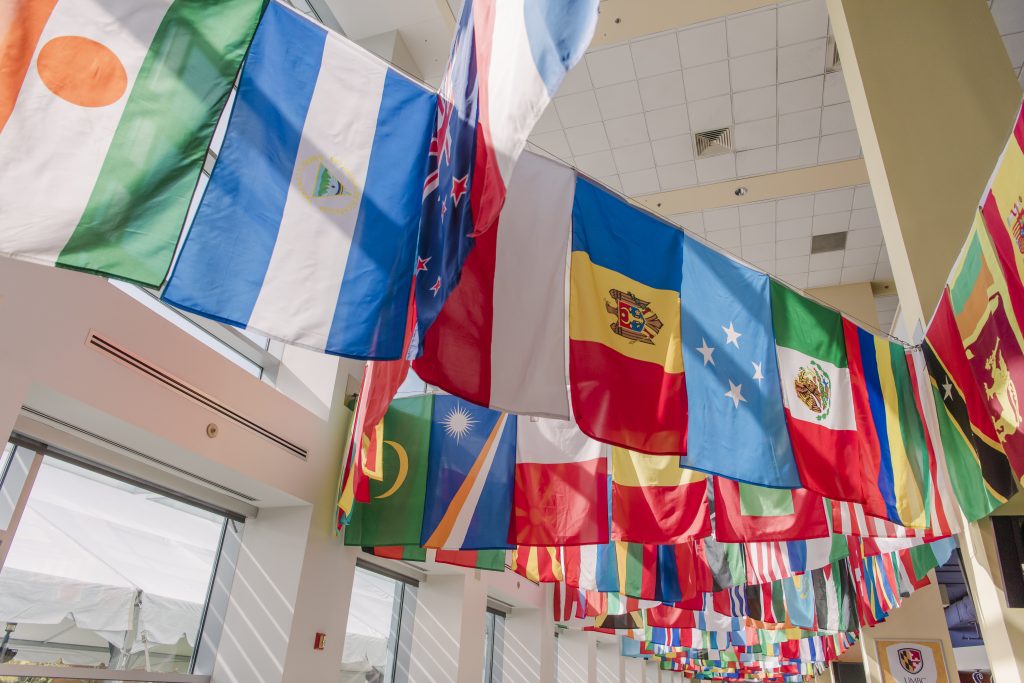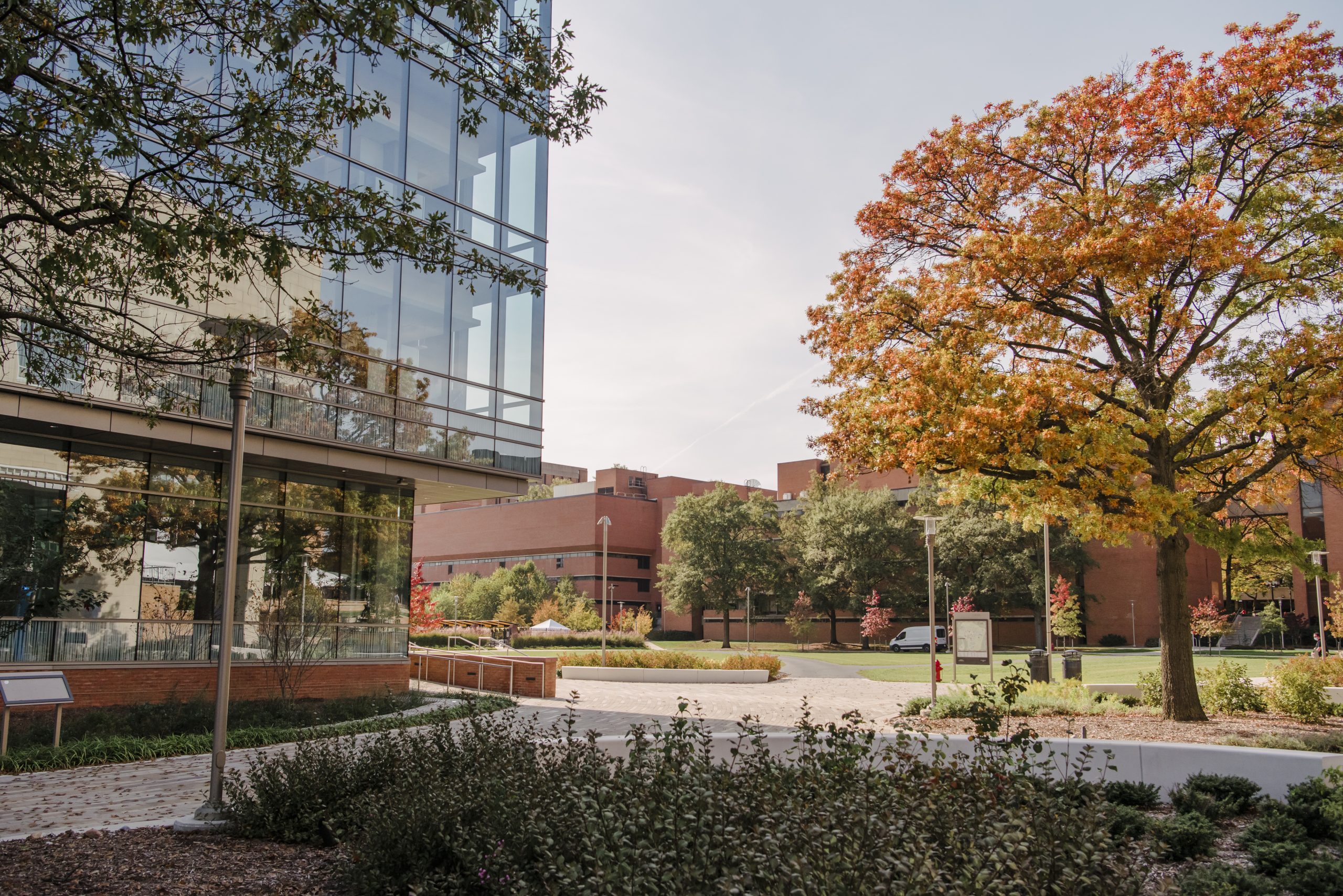UMBC is once again one of U.S. News & World Report’s 2021 Best Global Universities, just five weeks after recognition as a national leader in undergraduate teaching and innovation. UMBC is among the top 700 universities worldwide, and ranked as a leader in geosciences, space science, and computer science specifically.
This prominent global ranking has particular significance for many in the university community. “UMBC continues to perform well on the international stage,” says David Di Maria, associate vice provost for international education. He notes, “The cross-border collaborations and contributions of our faculty, students, and staff position UMBC shoulder to shoulder amongst the top universities in the world.”

Reputation for quality research
UMBC is ranked an impressive #103 in geosciences globally, and is a world leader in key measures of research success. Worldwide, UMBC is #1 in percentage of papers that are among the top 1% most cited, #2 for top 10% most cited, and #2 for citation impact. UMBC also ranks highly in research reputation, emphasizing the university’s rise as a home for top researchers in this field.
Lorraine Remer, research professor for the Joint Center for Earth Systems Technology (JCET), is a leading faculty member in this area. Remer received the 2019 UMBC Research Faculty Excellence Award. She has been honored for significant contributions to the atmospheric sciences, including as a fellow of the American Geophysical Union.

“It’s gratifying to see UMBC be recognized as a world-class research institution,” says Remer. “I’m happy to be a part of the UMBC community, where so much world-class research takes place.”
UMBC ranks #201 globally in space science, with a particularly strong international collaboration ranking.
“I’m very proud to be at UMBC and work with its faculty in JCET, the Goddard Planetary Heliophysics Institute (GPHI), and the Center for Space Sciences and Technology (CSST),” says physics professor Belay Demoz, director of JCET. “The opportunity it provides for geoscience research is immense. The collaboration work that is ongoing with NASA and NOAA on science and instrumentation is cutting edge.”

In computer science, UMBC is among the top 400 universities globally, with strengths in research reputation and research citations.
National leader in international outlook
UMBC also continues to rise in college rankings published by the Wall Street Journal (WSJ) and London-based Times Higher Education (THE). Of 800 universities included in the ranking, released earlier this month, UMBC placed at #270. This is up 13 places from last year and more than 100 places over the past five years.
The publications also ranked UMBC as one of the Best Public Universities in the United States. UMBC appeared in the top 75 along with two other Maryland institutions: the University of Maryland, College Park, and the U.S. Naval Academy.

The WSJ/THE College ranking is based on 15 performance indicators “designed to answer the questions that matter most to students and their families.” UMBC’s international outlook score increased dramatically. Di Maria shares, “Times Higher Education awarding UMBC a record score in this important category demonstrates how international outlook continues to grow at a steady pace.”
Consistent with the U.S. News global ranking, UMBC’s WSJ/THE research score saw a notable increase as well.
In new 2021 Times Higher Education World University Rankings by subject, UMBC is ranked in education, engineering, life sciences, physical sciences, psychology, social sciences, and computer science.
These positive trends are particularly meaningful at a moment of global concern regarding the impacts of the COVID-19 pandemic on national economies and higher education. They indicate UMBC’s stability as a leading public research university with national and global appeal.
Featured image: UMBC campus, fall 2020. All photos by Maryland Demond ’11 for UMBC.
Story updated November 3, 2020, to include new THE World University Rankings by subject.
Tags: International Stories, Rankings

